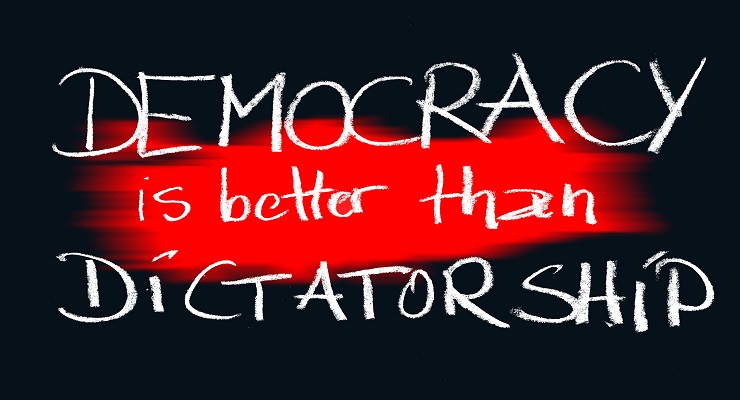 This article is from Democracy Digest:
This article is from Democracy Digest:
Midnight military coups and backroom deals did not bring strongmen to power in former democracies that have joined the ranks of the world’s autocracies. Everyday frustrations over high health-care costs, poorly performing schools, corrupt politicians, and crumbling bridges drove those countries’ voters to elect populists, says Thomas J. Bollyky, Director of the Global Health Program at the Council on Foreign Relations and the author of “Plagues and the Paradox of Progress: Why the World Is Getting Healthier in Worrisome Ways.”
Voters may turn to autocracy for better results, but, at least with regard to health, they are not rewarded for doing so. The Council on Foreign Relations recently published a study that shows that life expectancy has declined two percent on average in Nicaragua, Turkey, Honduras, and Venezuela relative to otherwise similar democracies that have not transitioned to autocracy. The unhealthful effects of autocracy remain robust even when accounting for economic differences and when excluding Venezuela and its collapsing health-care system, he writes for Foreign Affairs:
Without pressure from fair elections or accountability to a free media, autocratic leaders have less incentive than their democratic counterparts do to engage in the hard work of sustaining health-care infrastructure and improving care for chronic diseases. Democracy also matters in the context of an emerging infection, like the novel coronavirus outbreak affecting thousands in China. Governments that protect civil liberties and encourage constituents to share health-care information are more likely than their autocratic counterparts to identify emerging infections and be transparent about them. They are also better able to sustain effective public health oversight and to forgo counterproductive censorship and quarantine measures that unduly interfere with citizens’ rights and spread distrust and disease.
Leave a Reply